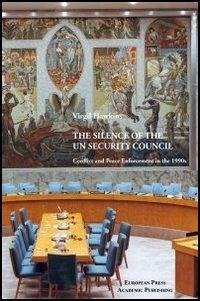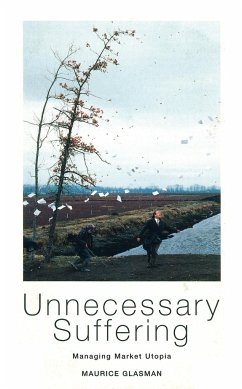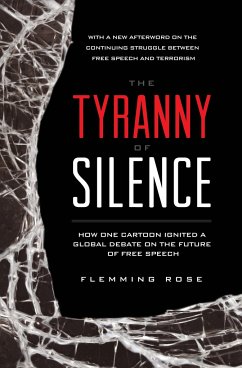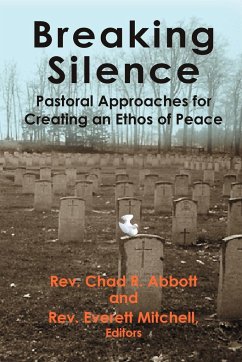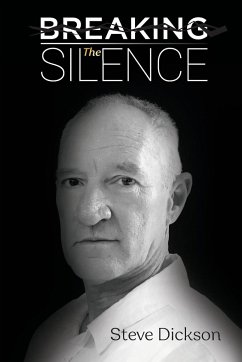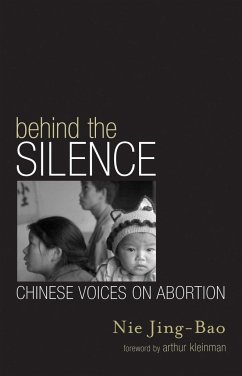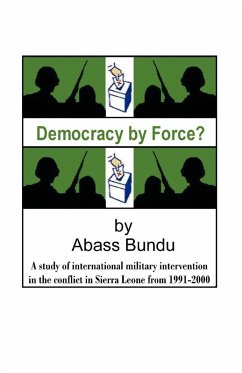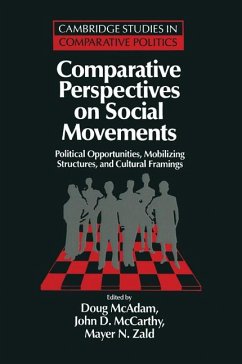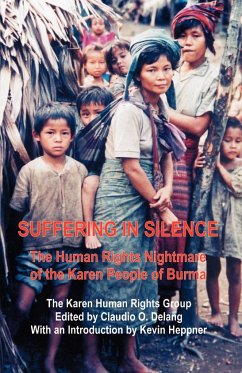
Suffering in Silence
The Human Rights Nightmare of the Karen People of Burma
Herausgeber: Delang, Claudio O.
Versandkostenfrei!
Versandfertig in 1-2 Wochen
28,99 €
inkl. MwSt.

PAYBACK Punkte
14 °P sammeln!
Situated in the triangle between South Asia, Southeast Asia, and China, Burma is a country of 50 million people struggling under the oppression of one of the world's most brutal military regimes. Yet, the voices of its people remain largely unheard in the international arena. Most of the limited media coverage deals with the non-violent struggle for democracy led by Nobel laureate Daw Aung San Suu Kyi or the Army's repression of university students and urban dissidents, but these only form a small part of the story. This book presents the voices of ethnic Karen villagers to give an idea of wha...
Situated in the triangle between South Asia, Southeast Asia, and China, Burma is a country of 50 million people struggling under the oppression of one of the world's most brutal military regimes. Yet, the voices of its people remain largely unheard in the international arena. Most of the limited media coverage deals with the non-violent struggle for democracy led by Nobel laureate Daw Aung San Suu Kyi or the Army's repression of university students and urban dissidents, but these only form a small part of the story. This book presents the voices of ethnic Karen villagers to give an idea of what it is like to be a rural villager in Burma: the brutal and constant shifts of forced labor for the Army, the intimidation tactics, the systematic extortion and looting by Army and State authorities, the constant fear of arbitrary arrest, rape, torture, and summary execution, the forced relocation and burning of hundreds of civilian villages and the systematic uprooting of their crops. Three detailed reports produced by the Karen Human Rights Group in 1999 are used to give the reader a sampling of the life of Karen villagers, both in areas where there is armed resistance to the rule of the SPDC junta and in areas where the junta is fully in control. The Karen Human Rights Group is a small and independent local organization which has been using the firsthand testimony of villagers to document the human rights situation in rural Burma since 1992. Much of the group's work can be seen online at www.khrg.org. Kevin Heppner, who contributed the introductory sections of the book, is a Canadian volunteer who founded KHRG in 1992 and still serves as its coordinator. Claudio Delang, who edited this book, has a keen interest in Karen life and customs. He is currently completing a PhD dissertation on the Karen and Hmong in northern Thailand.





